The Crafting Of A Card Game Part VI: Lords Of War
November 22, 2013 by crew
I suppose people might think it takes quite a lot of arrogance to build a universe. Honestly though, ever since I was a child I’ve been creating them – in my head or on paper – and I can’t imagine Lords of War existing without the world we’ve built to support the game.
For Nick however, it wasn’t an initial priority. In fact, when I announced that I was doing it he looked at me very strangely.
Why? He asked. It’s just a game – people play it, then it goes back in its box!
Well, if you’re anything like me, good games don’t just go back in the box. The best games live in my imagination forever. I dream about them, talk about them with my friends and usually want to suck up whatever information there is about them out there in books or on the internet.
To come at this from another angle, we can probably all agree that war in real life is a bad thing, to be avoided whenever possible. Generally, gamers do not love war itself – we are typically a friendly lot – but we do love novels, films, music and games about war. It is a universal topic which by and large inspires us.
When creating a game where war is a central theme then (and this is the discussion Nick and I had for MONTHS) should designers create a game that will appeal to only the ‘core’ gamer? After all, the core gamer has an appetite for harder edged stuff, will buy more games than the average person and will spread the word about your creation if they like it.
Alternatively, do you create a mass market game which the core probably won’t be as interested in, hoping to connect to the wider, larger family audience? Well, if war, death and slaughter are your themes (and with our game having come out of war gaming, as I covered in an earlier post), the answer for Lords of War might have seemed simple. Look to the core gamer.
But war, as a theme, isn’t just death and slaughter, and neither are most so-called ‘war games’. War is about daring, bravery and sacrifice. It’s about tactics, compromise, friendship and gallows humour. It’s about all the different things it takes to defend what’s right.
My arguments with Nick about the tone of the game ended when we both agreed that we weren’t happy to swear off families – particularly core gamers with families. We understood that gamers like us were looking for things to a) play as warm-up games with their other ‘core’ friends, and b) get their partners, children or less ‘geeky’ friends into the hobby. That was our niche.
It became my goal then, through creating the right tone of artwork and through giving our soldiers lives, histories, personalities and motivations, to open up the theme of war and explore it in a more rounded way – to make an extended universe which was approachable by families with ten year old children as well as by super-geeks like me.
Truthfully though, being someone who is fairly well versed in Fantasy and Sci-Fi literature, I had started to develop the world of Lords of War long before I had started to write anything down. When building the different cards and arrow combinations, for example, I had used what I had learned in my years of games design, RPG playing and D&D Dungeon Mastering to create cards with character – even before there was artwork in them.
Defensive personalities emerged. The people who would do anything for the guy beside them. People who had nothing left but attack. And once I had imagined them I had to also imagine the houses and towns they lived in, the continents they were from and the civilisations which made them the way they were.
I suppose that’s just the way my brain works, but I got pretty obsessed. I made a timeline, for me more than anyone else, which stretched from the moment of creation in this world to the moment the cards were dealt. And then I needed to know what was set to happen afterwards, to plot out expansions and so on.
Also, as I went, I made sure the characters and towns in the game itself were recognisable as Orc, Dwarf, Elf and Lizardmen, while also adding personal twists of flavour into the Fantasy gaming pot.
Our Orcs would not be mindless psychopaths, for one – they are instead becoming self-aware, and so are starting to question whether killing everything, including one another, is such a good idea. Our Dwarves are suffering from a plague which has affected Dwarven women and caused a drastic collapse in the birth rate, meaning the Empire simply cannot support itself any more. What are they to do?
Our Elves, meanwhile, have a society build on elitism and controlled bloodlines, with rules inherited from Dragons. Their philosophy and greed has led them into war after war, much to their regret, and something has to give. And our Lizardmen believe in ease – in freedom and a primal enjoyment of the simple things. But is ignorance really bliss, or is it a weakness which opens them up to exploitation?
These basic characterisations are then complicated by regional and factional disagreements, differing motivations and life circumstances causing one creature to feel differently about their species than their fellow warriors. Whose view is right and whose is wrong? Which characters are sympathetic or villainous, and does that effect which cards end up in a given player’s deck?
It certainly changes who players risk on the table and who they want to keep alive. We’ve seen it at club nights and expos.
Elsewhere, some of the proudest moments I have personally had since launching Lords of War have been when gamers have contacted me to ask when new Lore Stories would be available. Some even read them to their children before bed. What more could I have hoped for?
Of course, creating a universe is huge fun, but managing it and updating it and ensuring there is always new material to be enjoyed – for people who play the game or not – takes up an enormous amount of time. But it’s worth it.
After all, for me, games don’t just go back in the box when I’ve finished playing them, and my own game least of all. I dream about it, talk with my friends about it, and always want to do, think, say and write more.
Thankfully, Nick is now as hungry for more Lords of War stories and tertiary information as anyone else – and as he is the core gamer and in many ways the sceptic. But back late November 2012, just before we launched the game, I had already written so much and uploaded it to the website, and back then he couldn’t give two-hoots.
He was more preoccupied with Dragonmeet back in the real world – and the fact that the development of the Lords of War app seemed to have slid a little sideways.
Check out some of the background fiction mentioned in this article by visiting the Lords of War website HERE.
Martin Vaux
If you would like to submit an article to Beasts of War then please contact me at [email protected].
Supported by (Turn Off)
Supported by (Turn Off)
Supported by (Turn Off)





























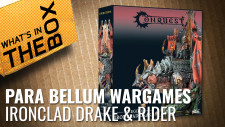

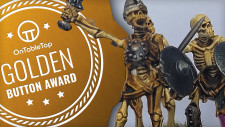
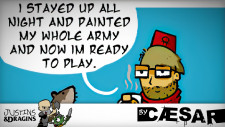
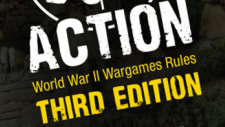
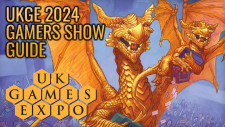
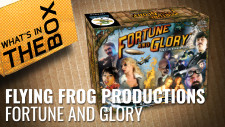
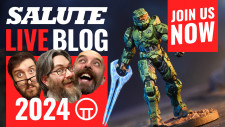
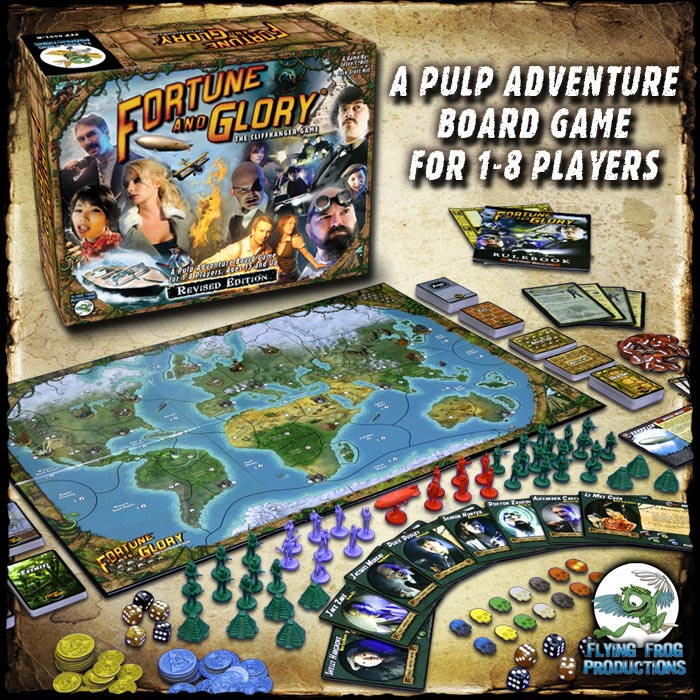

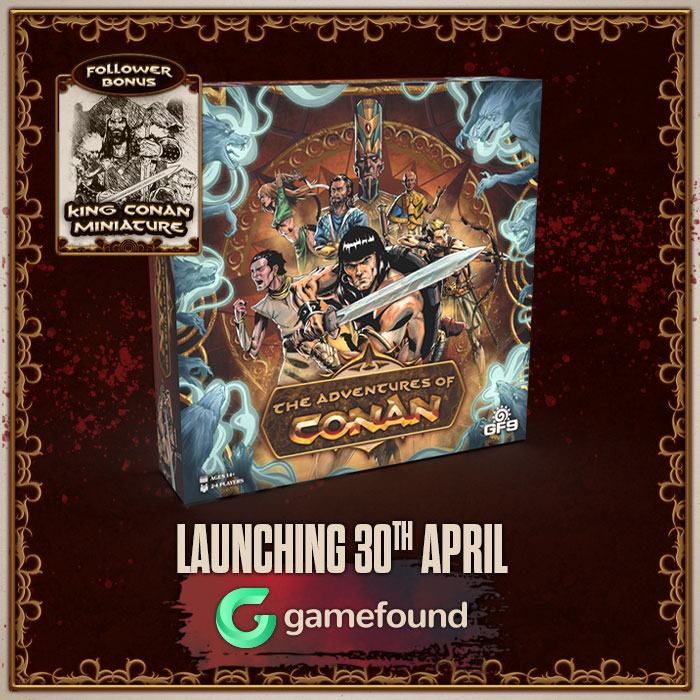

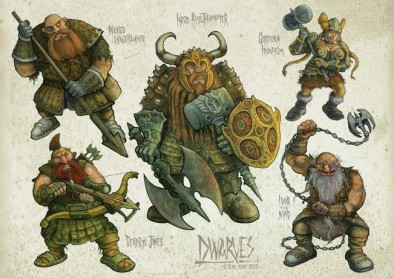
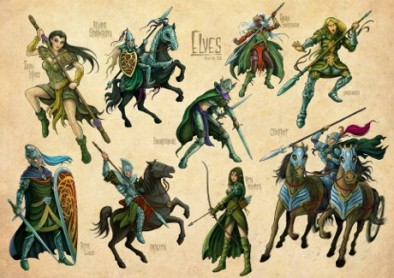
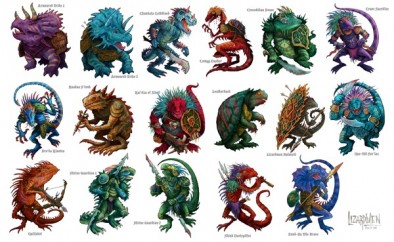
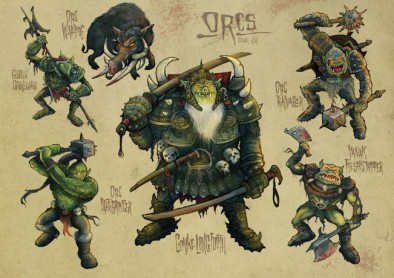
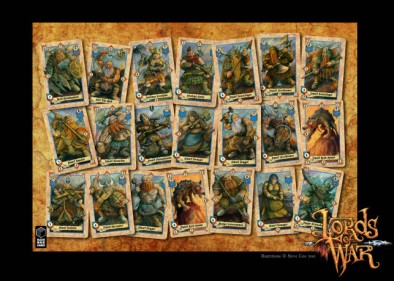
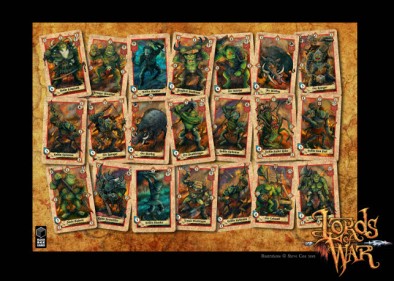
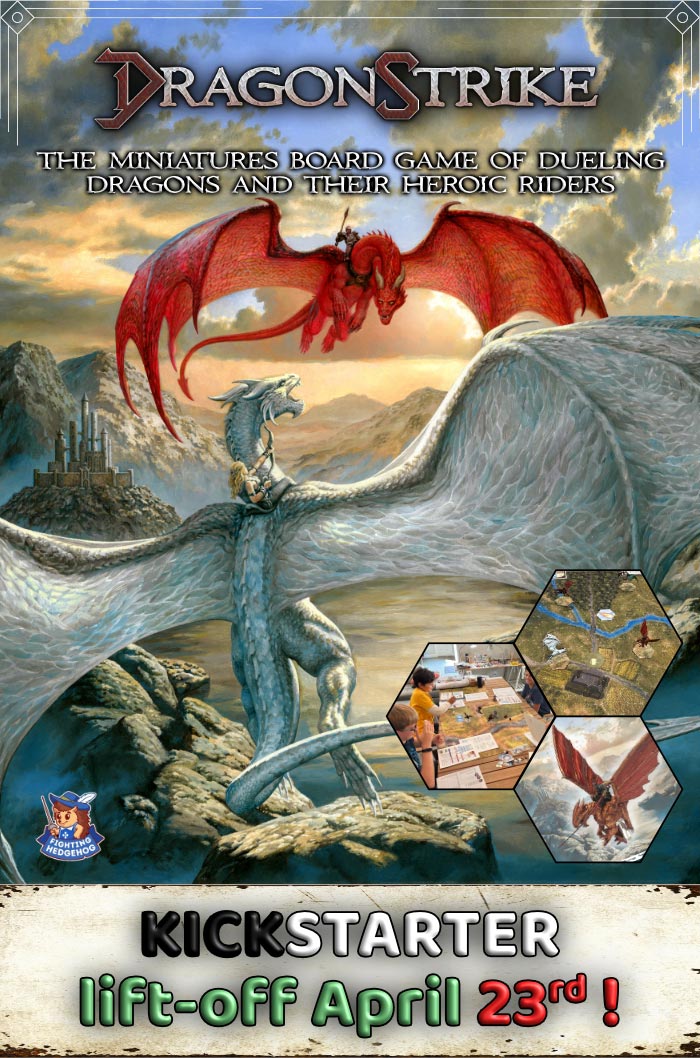


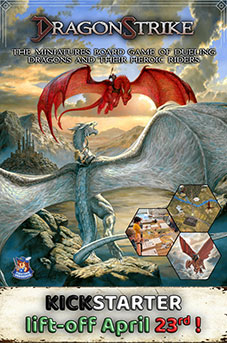
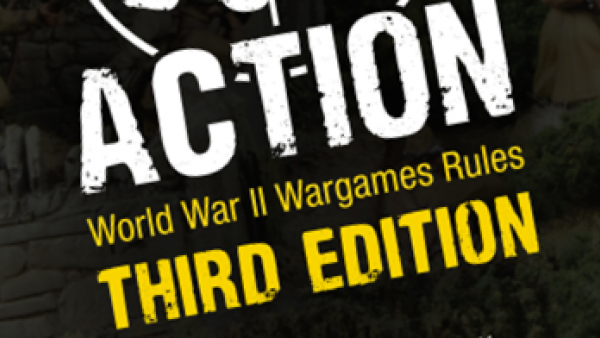
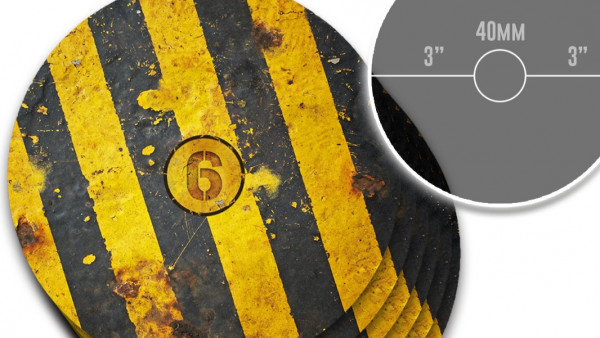
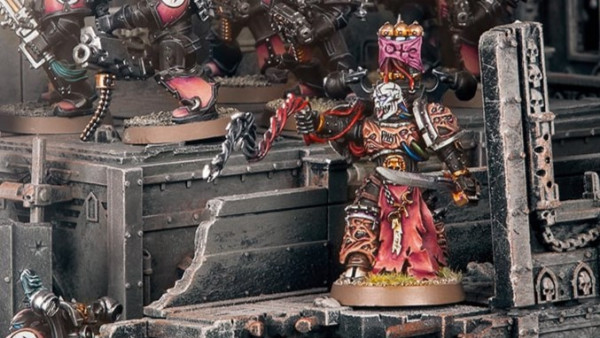
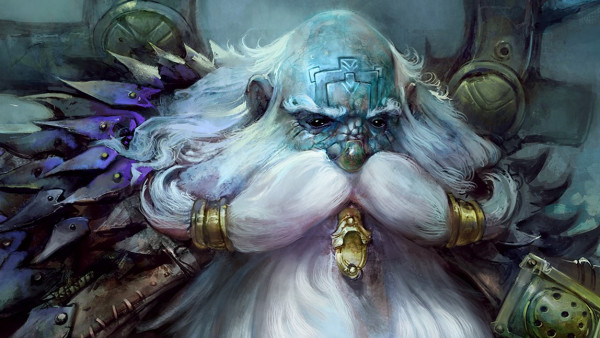
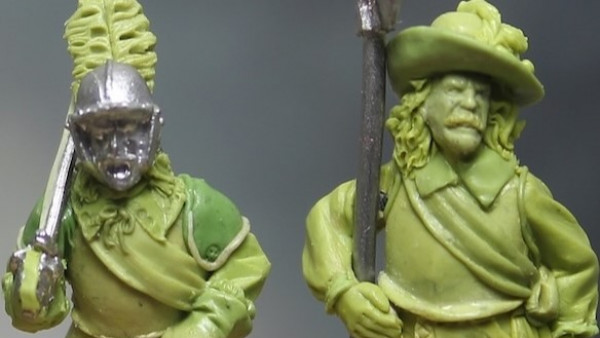
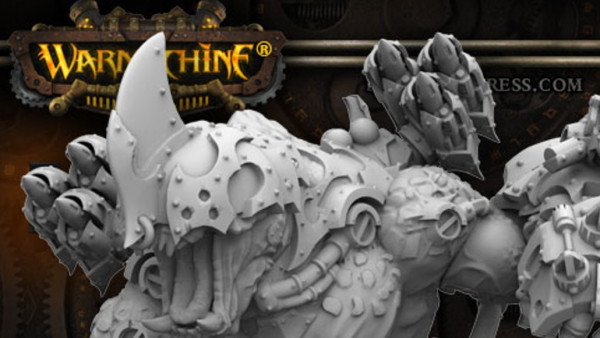
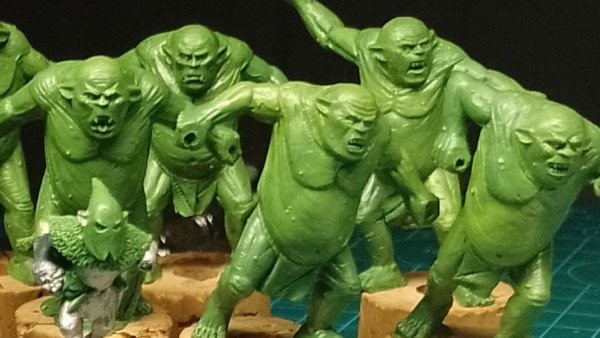
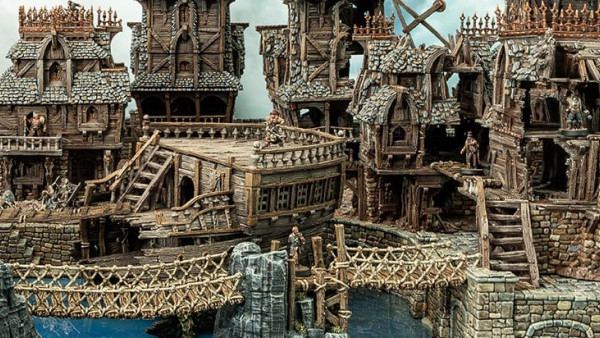
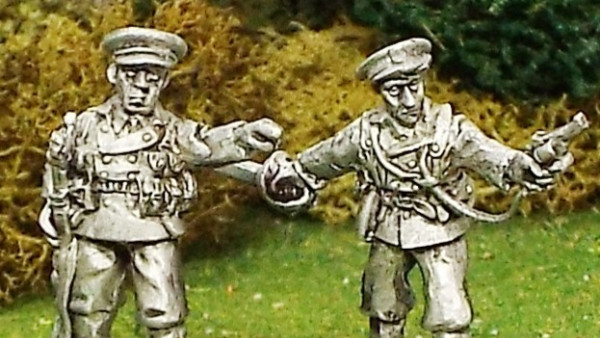
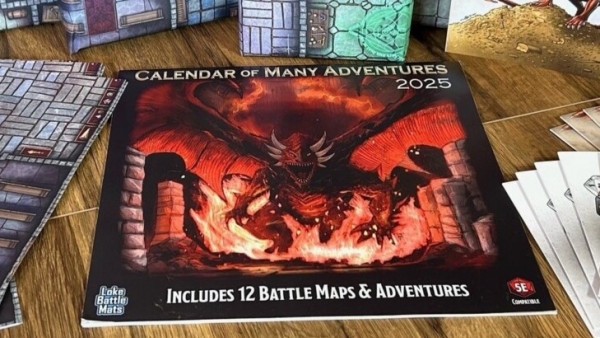
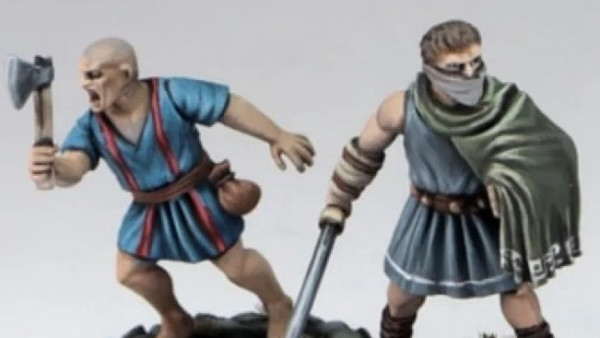
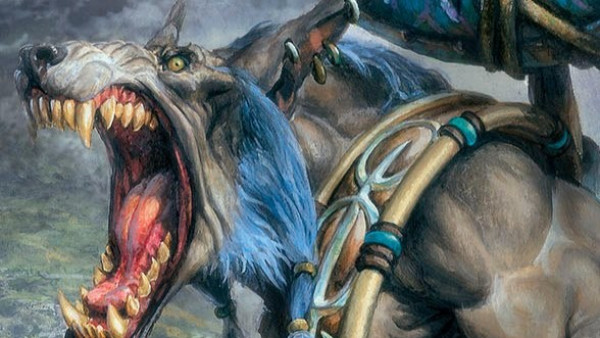
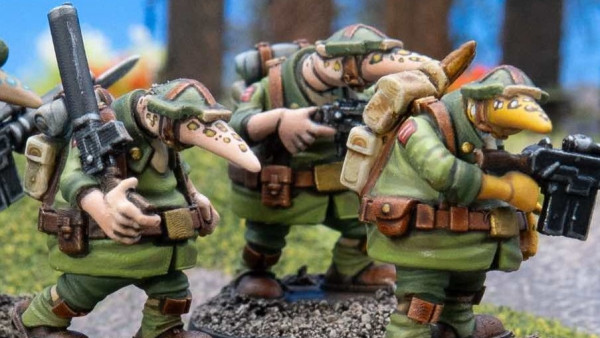
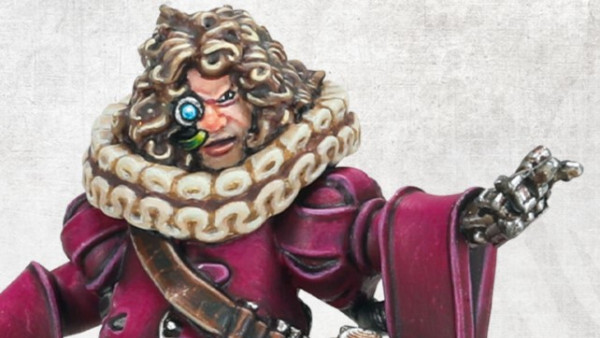
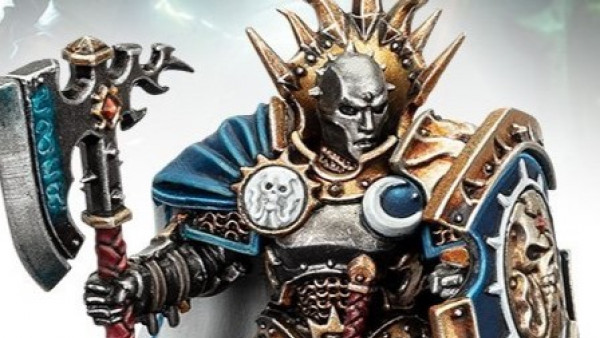
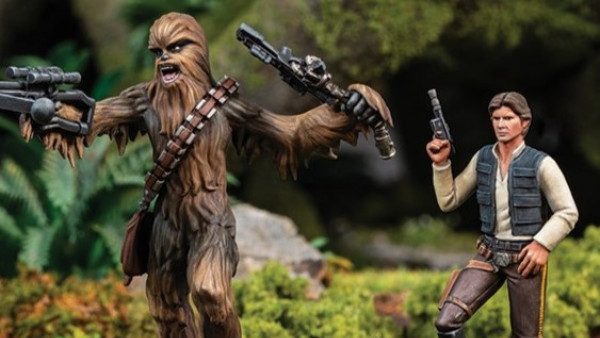
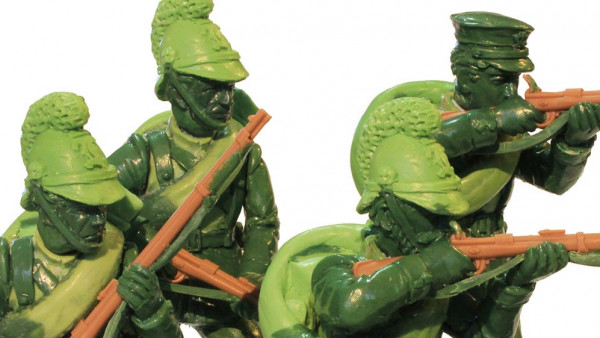
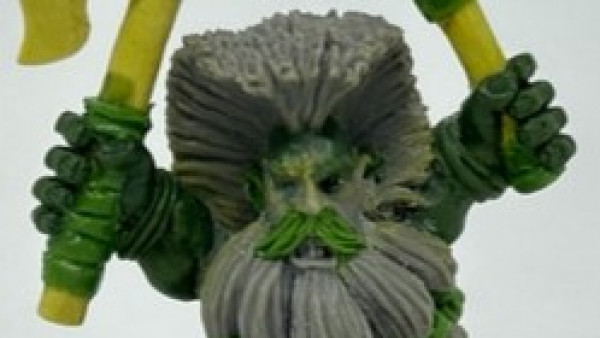
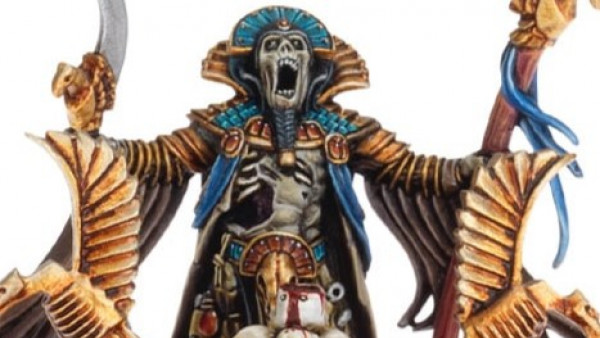
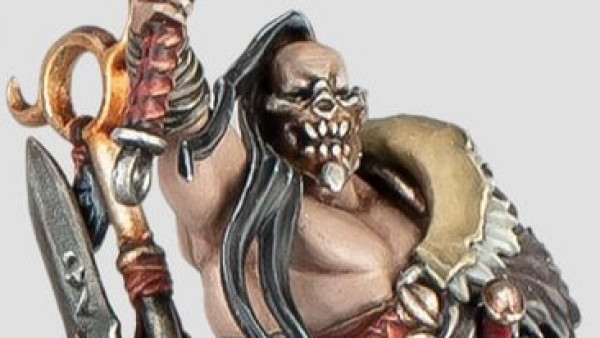
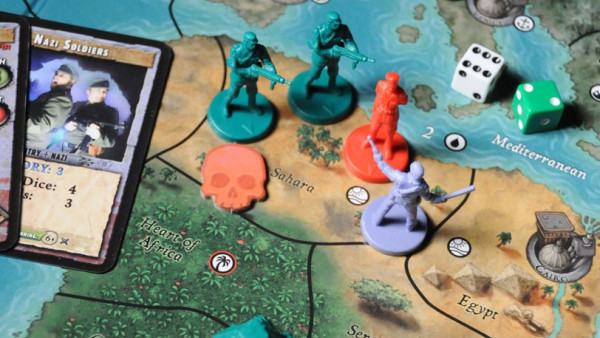
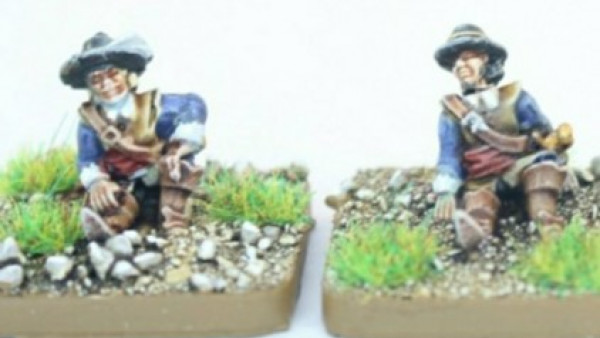
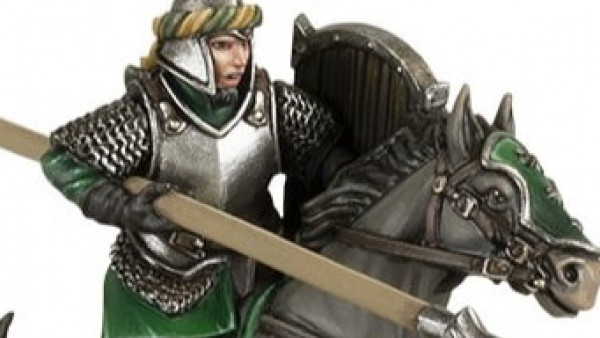
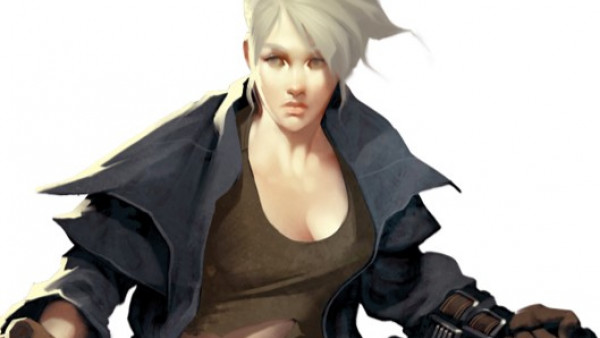
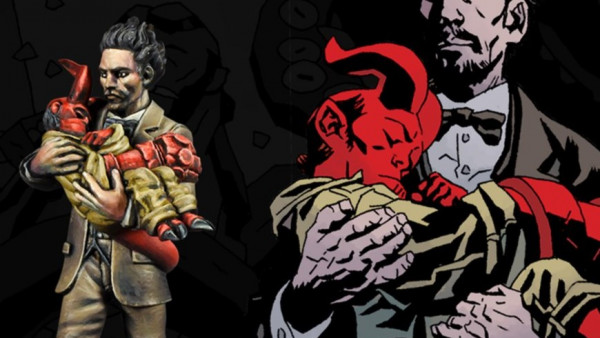
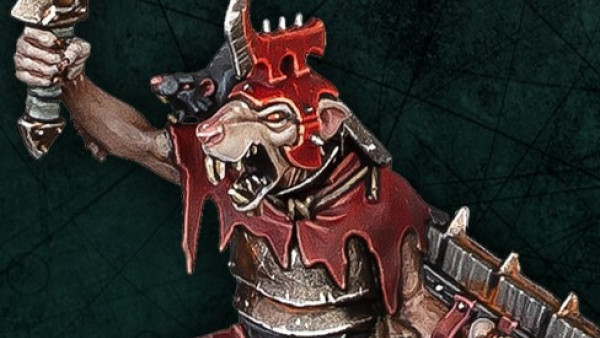
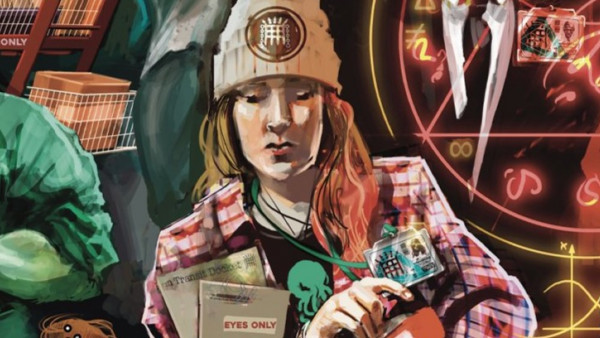
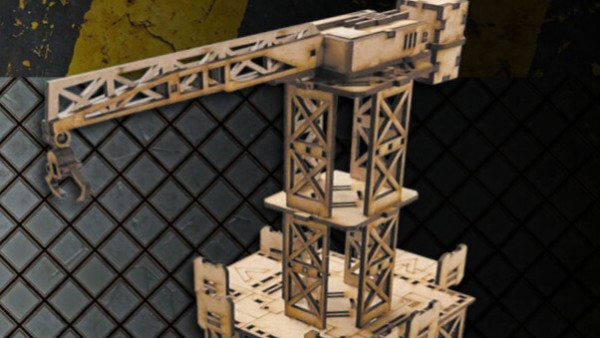
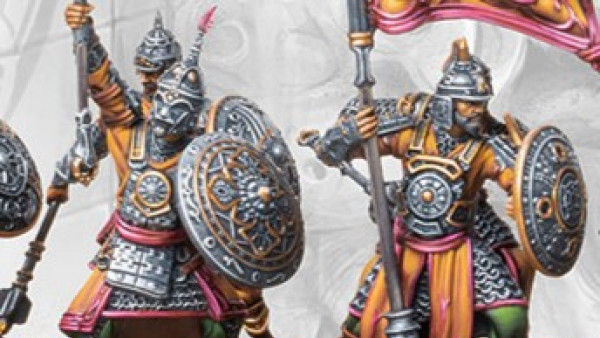
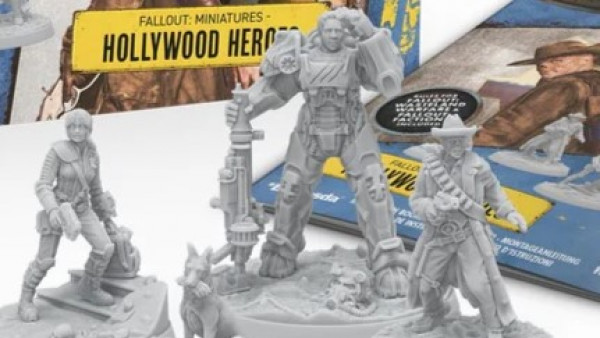


Nice again, really waiting for the next installment.